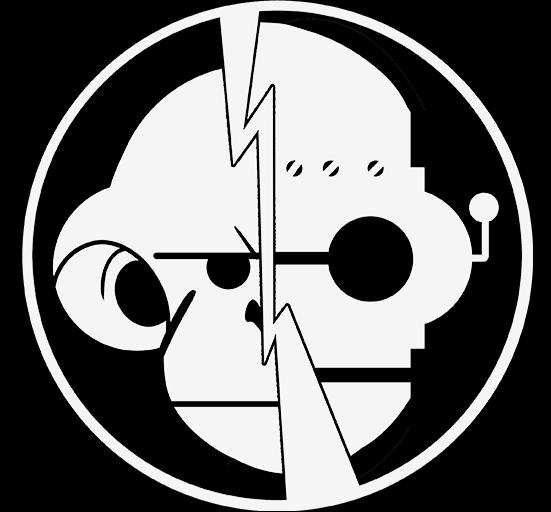The Shadow, Doc Savage, and The Spider have never been the kind of comic book characters you can cheer for. They are heroes, but they’re also detectives who work outside the law and don’t mind if it’s necessary to knock a few heads together or even kill a crook or two occasionally to carry out their investigations. Now before you start accusing me of ruthlessly slaughtering sacred cows, I’m not defending the comic book detectives. (Netent casinos reviewed by casinokix), far from it! If you’ll give me a minute to explain myself, though.
Neither [Dashiell Hammett nor Marlowe] were “hard-boiled” in any straightforward sense. They merely inaugurated a new school of detective fiction, the effect of which was not softened by Hammett’s subsequent departure from it. In his last two books – The Dain Curse and The Glass Key – he turned his back on what had made his name, using the same old characters in a different approach. In The Dain Curse, he showed that the simple detective story really could be carried on without violence, blackmail, or sex.
And so, the hard-boiled detective was born. In all fairness, the Shadow was never a hard-boiled detective, at least not in the strictest sense. Created by Walter B. Gibson and released by Street & Smith in 1930, The Shadow is not without flaws, and many of what are essential qualities for a comic book character are lacking. Consider that his real name, his face, or even the fact that he is never revealed. He has no tangible personality, feels very little, and has no emotions other than being occasionally annoyed if events don’t play out the way he wants them to.
Despite all of this, the Shadow was extremely popular during the 1930s and still is today. The Shadow appears to be around forty, but it’s impossible to say for sure. He always wears a black cloak with a wide-brimmed hat that conceals his features from shadowing. As one character put it in “The Shadow Unmasks,” Gibson’s first pulp novel:
I’m about to describe a man as I’ve seen him. There’s no use saying that the details of his appearance are vague, for they’re not. They’re indescribable. He has no face. His eyes are greyish-green and meaningless, like the markings on an egg. It is that which gives The Shadow his most peculiar power. The Shadow knows that no one can ever see his face – not even in the glare of a flashlight; men are superstitious. He has a terrible advantage over us, for we know he is there but has never caught the merest glimpse of him.
But in reading and re-reading the old pulp stories, I think there’s more to it than that. The Shadow is a perfect character for the many sub-genres within the mystery genre. It would be a stretch, but I like to think of him as a mix of Sherlock Holmes and Dracula. He uses modern technology (even if it’s out of date), has good deduction skills, can travel to strange places without breaking a sweat, and above all, he is mysterious. I like to think of him as the ultimate detective, the kind of character that anyone would be fascinated by but no one could ever honestly know.

